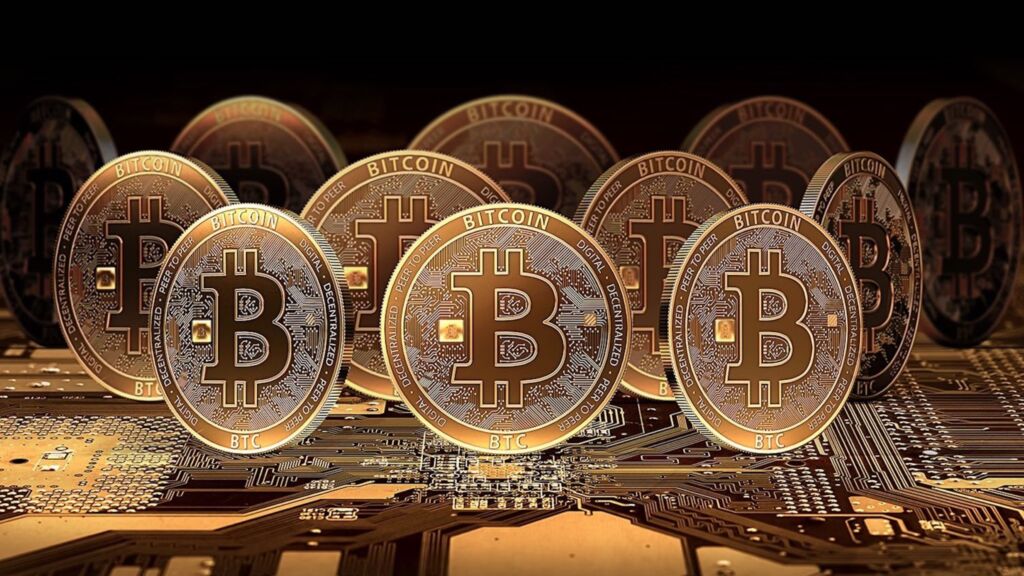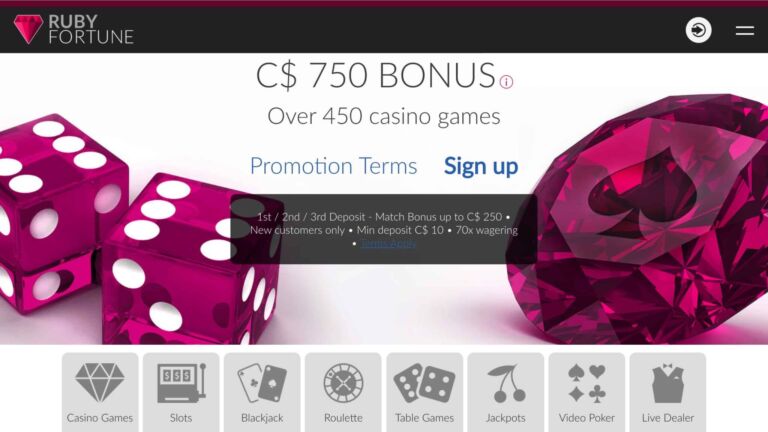Throughout the online gambling industry's growth, players have seen an extensive selection of games from slots and poker to sports betting. Yet, the desire to guarantee game fairness continues to be a key concern. Players often find traditional fairness verification lacking transparency, causing doubts about bias in games. Blockchain emerges here as a transformative solution by delivering transparency, trust, and security in online gambling operations.
This discussion delves into blockchain's role in maintaining fair play within gambling, its influence on the industry, and how gamblers benefit from this technological breakthrough. Regardless of whether you are a casual gamer or a seasoned expert, grasping blockchain's role aids informed choices in picking platforms for online gambling.
Understanding Blockchain: Foundations and Functionality
Before exploring its gambling applications, let's first grasp the basics of blockchain. It is a type of Distributed Ledger Technology (DLT) ensuring secure transaction recording across multiple networked computers. Operated in a decentralized manner, it avoids a single controlling authority. Each network participant holds a copy of the ledger, enhancing transparency and accountability.
Every blockchain transaction is organized into 'blocks.' These sequentially connected blocks form an unchangeable record of all transactions, making blockchain an ideal mechanism for functions that prioritize trust and verification, such as online gambling settings.
The Significance of Fair Play in Digital Gambling Spaces
In the domain of online casinos, fairness is crucial for players and operators alike. Fair gambling implies that outcomes are determined by player decisions and game mechanics, free from any manipulation or deceit. Although most legitimate online casinos incorporate Random Number Generators (RNGs) to ensure randomness, skepticism around RNG transparency and casino trustworthiness persists. Blockchain technology addresses these concerns.
Enhancing Gaming Fairness with Blockchain
Blockchain introduces unprecedented transparency in online gambling by enabling players to independently verify game outcomes. Here's how blockchain boosts fair play online:
1. Transparency in Game Results
One of blockchain's standout benefits in gambling is the capacity to authenticate game results. Where traditional casinos depend on RNGs within games like slots, blackjack, and roulette, these RNGs often operate as black-box systems. Players, consequently, cannot ascertain how results emerge or their randomness. Conversely, blockchain supplies an open record of every game outcome or transaction.
For instance, blockchain records seed values initiating random numbers along with game outcomes in a public ledger. Players can check these records anytime, securing the assurance of unbiased game results and uplifting player trust in gameplay.
2. Immutable Record of Transactions
A significant blockchain advantage in gambling is its permanent log of all player transactions. Whether depositing, betting, or withdrawing funds, these activities are documented on the blockchain, creating an unchangeable, transparent event history. This construct prevents fraudulent game-rigging or hidden alterations to player balances.
Due to blockchain's permanent feature, players can explore every facet of their gaming journey, from deposits to winnings, guaranteeing adherence to established rules. Additionally, blockchain lets players examine that their winnings payouts are accurate and verify no unauthorized activities occurred.
Provably Fair Games: Modernizing Fairness in Gaming
Among the breakthrough applications of blockchain in online gambling is the notion of 'provably fair' games. These are games where players can use blockchain technology to confirm the fairness of each round as it unfolds.
Provably fair games derive outcomes using a blend of server seeds, player seeds, and a purely random element active during gameplay. All this information gets archived on the blockchain, allowing players to affirm result integrity and unaltered outcomes. This transparency enables players to evaluate seed value randomness and the integrity of results, ensuring no interference from the casino.
In a provably fair slot game, for instance, casinos publish spine seed values and results on the blockchain. Players then can recheck these to validate fairness and randomness in the game's process. Such transparency is absent in conventional gaming systems.
Fairness Audits and Verification by Independent Entities
Blockchain also supports third-party reviews of gambling platforms. Independent auditors access the blockchain to confirm whether casinos comply with fair gaming regulations. These checks assure players against game result tampering or player cheating. Through blockchain audits, gambling sites manifest their fairness commitment, building player trust.
Audits extend beyond game result verification to assess a casino’s financial operations, such as quick payout validation and secure fund storage for players. These tests examine blockchain transaction legitimacy and confirm adherence to sector regulations.
Illustrating Blockchain's Role in Gambling Platforms
Some online gambling platforms have proactively embraced blockchain to promote fairness and transparency. Here are notable examples:
1. FunFair Technologies
FunFair Technologies exemplifies a blockchain-oriented gaming platform leveraging Ethereum’s blockchain to offer verifiably fair casino games. It employs unique technology encouraging game outcome clarity and real-time verification by players.
2. Edgeless Casino
Edgeless Casino stands among the pioneers implementing complete blockchain integration in their gambling operations. Using Ethereum blockchain, Edgeless ensures player-accessible verification of game fairness, offering provably fair games like blackjack and roulette.
3. Primedice
Primedice, a well-known dice game platform, adopts Bitcoin and blockchain technology to present provably fair gaming. It implements both server-side and client-side seeds to guarantee roll randomness. Gamers verify every roll’s fairness on the blockchain, reinforcing belief in all game results.
Benefits of Blockchain in Enhancing Gambling Fairness
Blockchain brings multiple advantages for online gambling fairness:
- Transparency: With its open ledger system, blockchain enables players to check game results, deal transactions, and seed values easily.
- Security: Blockchain’s decentralized and unalterable nature provides robust transaction security, immune to alterations.
- Trust: By supplying proof of fair gameplay and undistorted outcomes, blockchain strengthens trust among players and casino operators.
- Reduced Fraud Risk: By nullifying game rigging or balance manipulation opportunities, blockchain diminishes fraud in gambling.
Addressing Blockchain's Challenges in Gambling
Despite blockchain’s many benefits, challenges exist:
- Adoption: The gambling industry broadly has yet to fully adopt blockchain solutions, with many operators not utilizing these advancements.
- Technical Understanding: Blockchain technology complexity can be a barrier, as many players are not familiar with leveraging such platforms.
- Regulatory Ambiguity: Regulations for blockchain-based gambling remain in development, with some areas lacking legal acknowledgment or regulation for blockchain casinos.
Envisioning the Future of Blockchain in Online Gambling
Blockchain is transforming the online gambling domain by ensuring transparency, security, and truly fair games. Through blockchain facilitation of game results verification, immutable records, and independent audits, casinos foster player trust and promise equity and impartiality in their offerings.
As blockchain technology becomes more mainstream, gambling enthusiasts can anticipate seeing more online platforms adopting these innovations to increase the fairness and transparency of their gaming environments. Understanding how blockchain is being utilized in the world of online gambling is essential for both novice and seasoned players aiming to make savvy choices and enjoy safe, equitable gaming.



